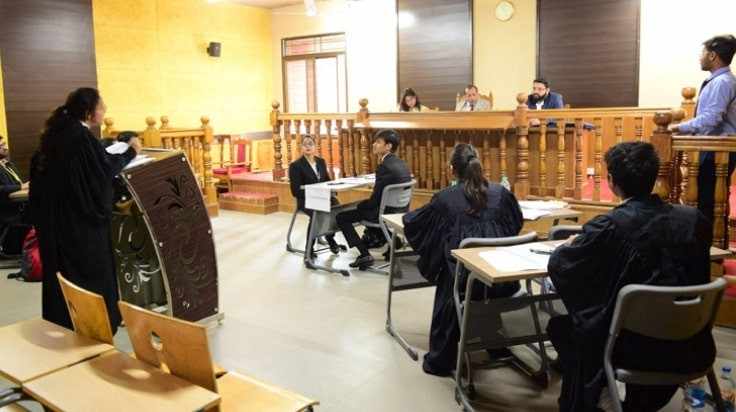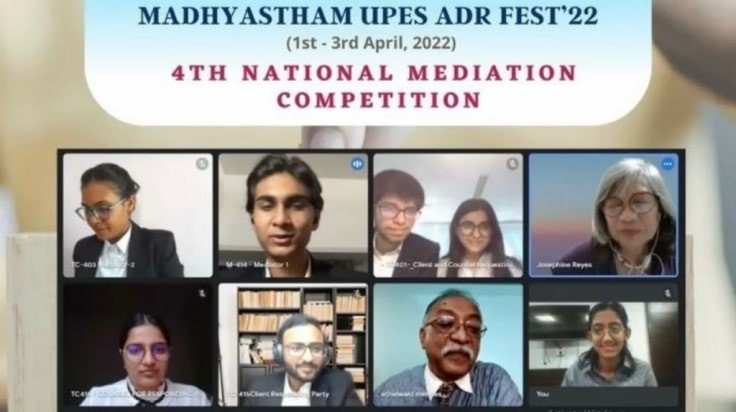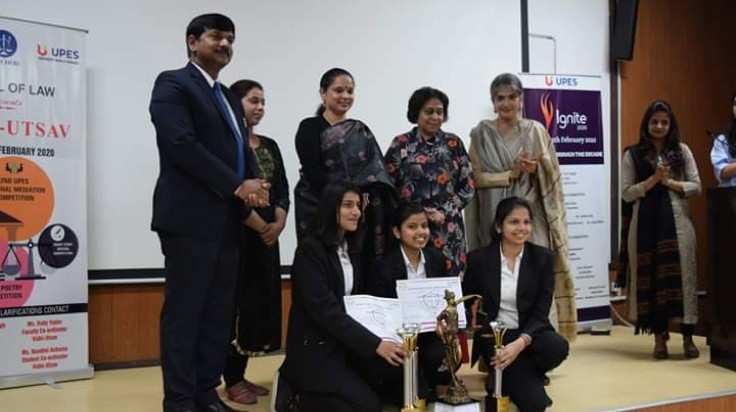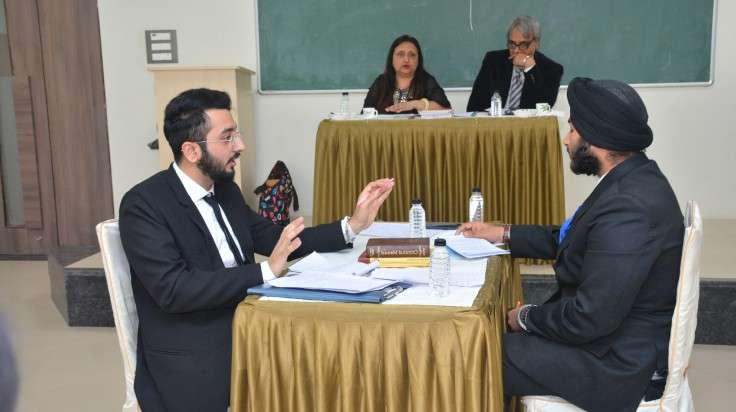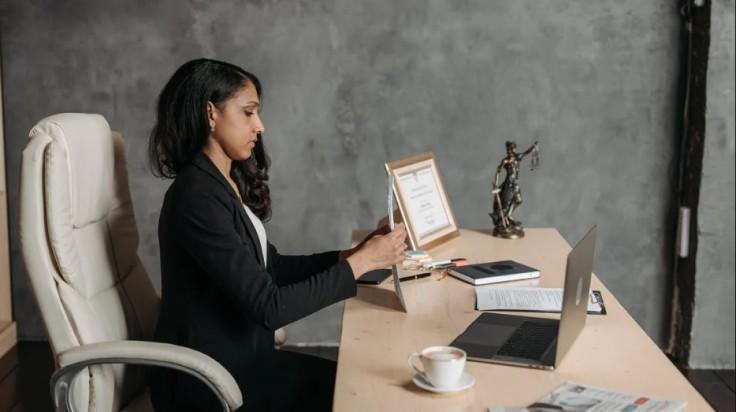What it takes to win a parliamentary debate
- Nishu Chawat
- Published 08/09/2020
.webp)
Debating and making logical arguments are the most desirable skills in any law professional. All law students must brush up on these skills as arguing in court is not just about clash of ideas; rather, it is all about how well they can express their understanding on the subject matter and agree to disagree in the best possible manner
The life of a law student revolves around formal exercises such as Moot courts, Trial Advocacy, Research Paper Presentations, etc. However, Asian Parliamentary Debates, slightly informal in nature, are events of their own kind. Parliamentary debates are a great platform for law students to ingrain confidence and finesse in expression.
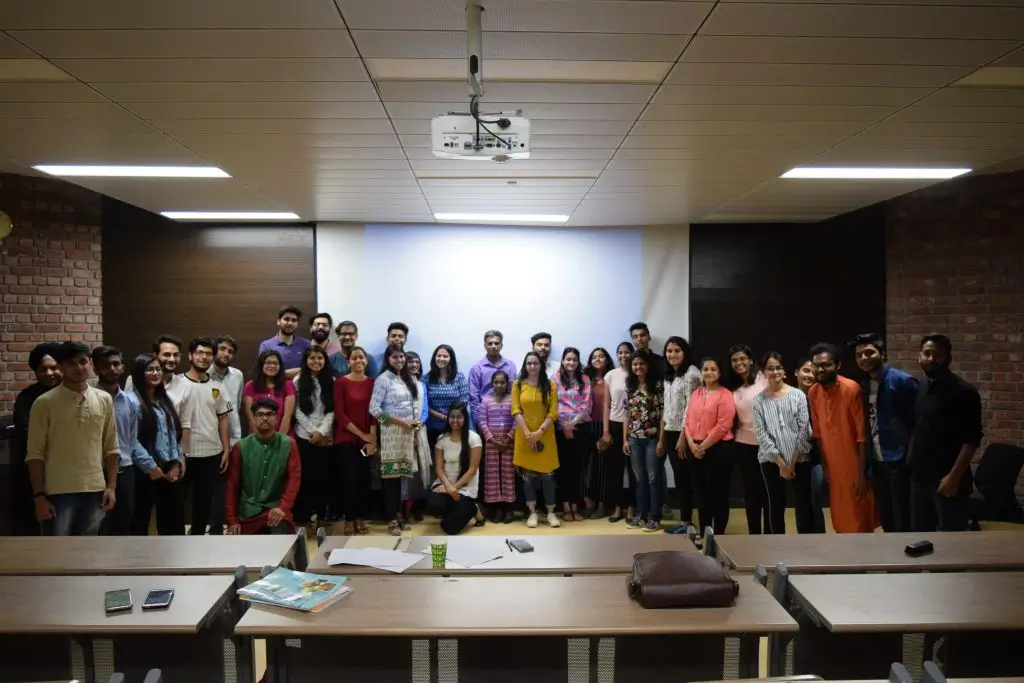
he Debating Society (DEBSOC), UPES School of Law, has played a vital role in nurturing the students’ debating acumen by providing a host of opportunities to debate and learn
An Asian Parliamentary Debate follows a simple 3*3 format. There are two teams comprising three members each, one team speaking in favour of the motion, known as ‘the Government’ and the other team speaks averse, known as ‘the Opposition’. The speakers from the government side are Prime Minister, Deputy Prime Minister and Government Whip. Similarly, the speakers from the Opposition side are Leader of Opposition, Deputy Leader of Opposition and the Opposition Whip.
The Debating Society (DEBSOC), UPES School of Law, has played a vital role in nurturing the students’ debating acumen by providing a host of opportunities to debate and learn. Every year, DEBSOC organises competitions such as National Parliamentary Debate, Intra-Parliamentary Debate, Shabd-Shashtra Conventional Hindi Debate, Novice Intra-Parliamentary Debate, Debating Premier League, etc. Each event witnesses around 30-40 teams giving a tough competition to each other to win the coveted trophies. These are great opportunities for students and they should make most out of them to hone their skills.
I, along with my team members Shruti Mandhotra and Pulkit Pandey, participated in various Asian Parliamentary Debates and won a few prizes and the best speaker titles as well. Notable amongst them are the Sh GK Chatrath Memorial UILS Annual Parliamentary Debate Competition, 2018; Annual Parliamentary Debate Competition, 2017, TRIVIUM VIII, PEC, Chandigarh; 7th Intra Parliamentary Debate Competition 2019-2020, etc.

I won Best Speaker at 8th UPES Intra- Parliamentary Debate Competition, 2019-20 organised by DEBSOC, School of Law, UPES.
I strongly feel that every law student must participate in debates. Here are my tried and tested mantras to ensure that students deliver nothing but the best:
1. Defining or un-defining the motion, as the case may be: The Government side is at liberty to mold the motion and define it in a manner as they deem it fit, while respecting the fact that they do not get to restrict the ambit of the debate to truism, tautology, etc., making it difficult for the other team to debate. Hence, the proposition side needs to define the motion with precision and perfection in order to sway and restrict the debate in their favour because not providing the house with a definition gives the opposition an upper hand automatically as it is assumed that the motion derives its meaning from common prudence. On the other hand, the opposition side needs to scrutinize the definition word for word, point out the grey areas and debate accordingly. This first instance of debate can either make or break the debate for either of the teams and hence it is vital for both to be alert and cautious while approaching this stage.
2. Listening is a fine art: Mostly, freshers tend to have a preconceived notion that parliamentary debates are all about making your point aggressively, so that it instills some kind of fear in mind of the opposition. Well! That is a myth. The underlying skill of debating, which one needs to work on, is listening to what the other side is saying. When you listen, then you understand the thought process of the other side and instead of beating around the bush you can directly attack the very foundation on which the argument rests.
3. Thinking like a critique: This skill comes with practice and a lot of reading about current happenings. As a parliamentary debate is not affixed to a particular subject matter, you need acquire knowledge through reading form your own perspective about current world affairs. This process will always help you have an edge against your counterpart in any debate.
4. Teamwork and innovation: It is not possible that things always pan out the way you hope them to. It is important to innovate while playing your part and help a teammate in need. For instance, if any point is unrebutted before your speech, regardless of the fact that you are the last speaker, you need to step up and answer it in a narrative that favors you. All the six speeches are evaluated differently. Hence, it becomes essential to focus on the common, yet differentiated roles, to emerge victorious.
Nishu Chawat
The writer is Nishu Chawat, student, BBA LLB, Corporate Law, UPES School of Law, with inputs from Shruti Mandhotra and Pulkit Pandey, students of BBA LLB, Corporate Law, UPES School of Law
Tags
- Parliamentary Debate
- upes school of law
UPES Admission Enquiry
Subscribe to UPES Blogs
Join our community for exclusive stories, insights, and updates
By clicking the "Subscribe" button, I agree and accept the privacy policy of UPES.













